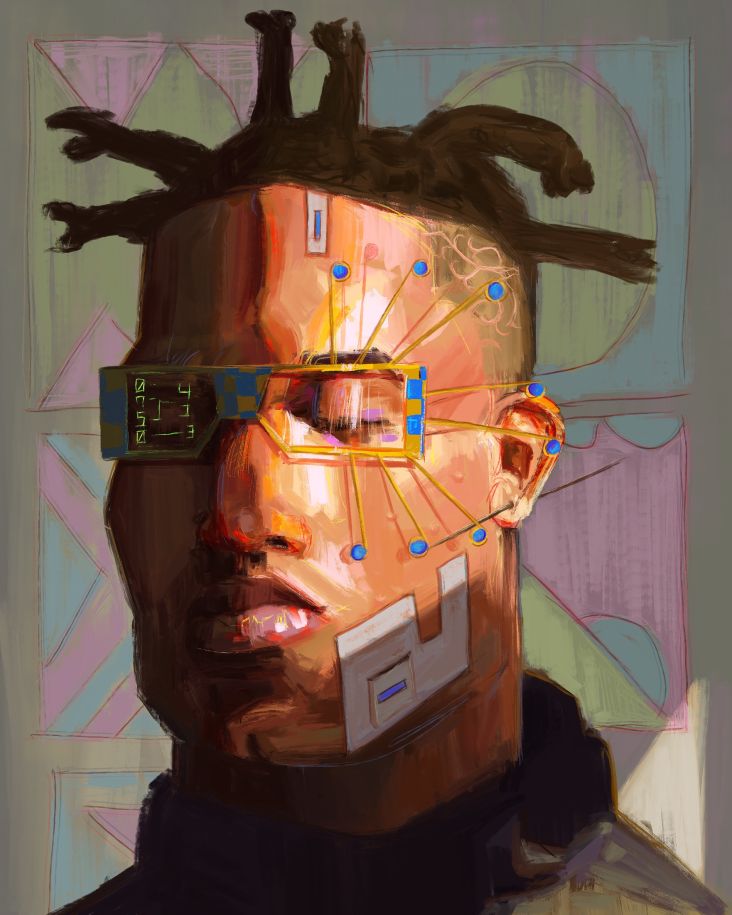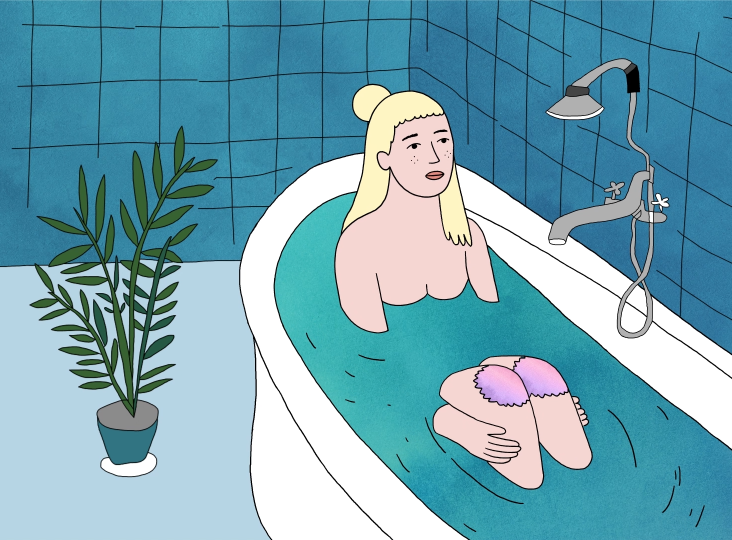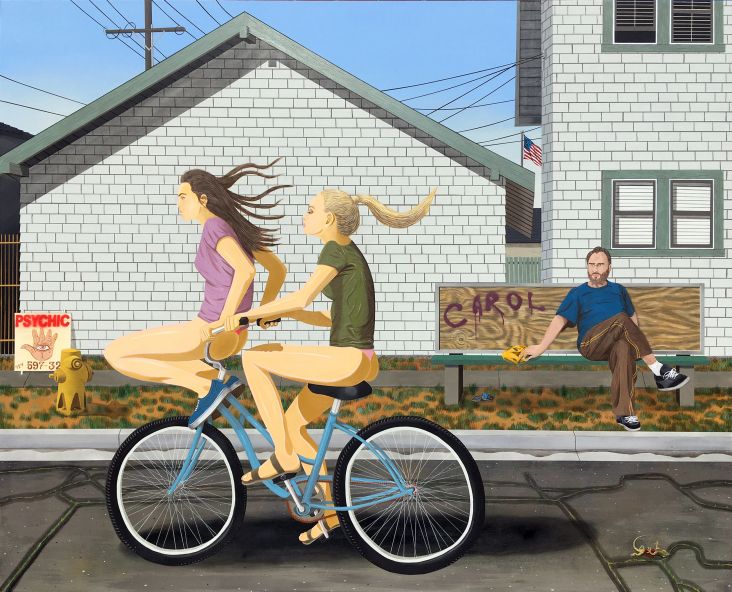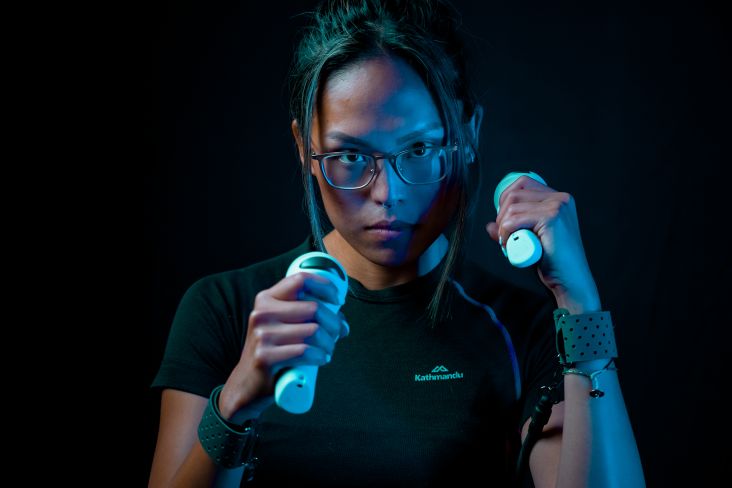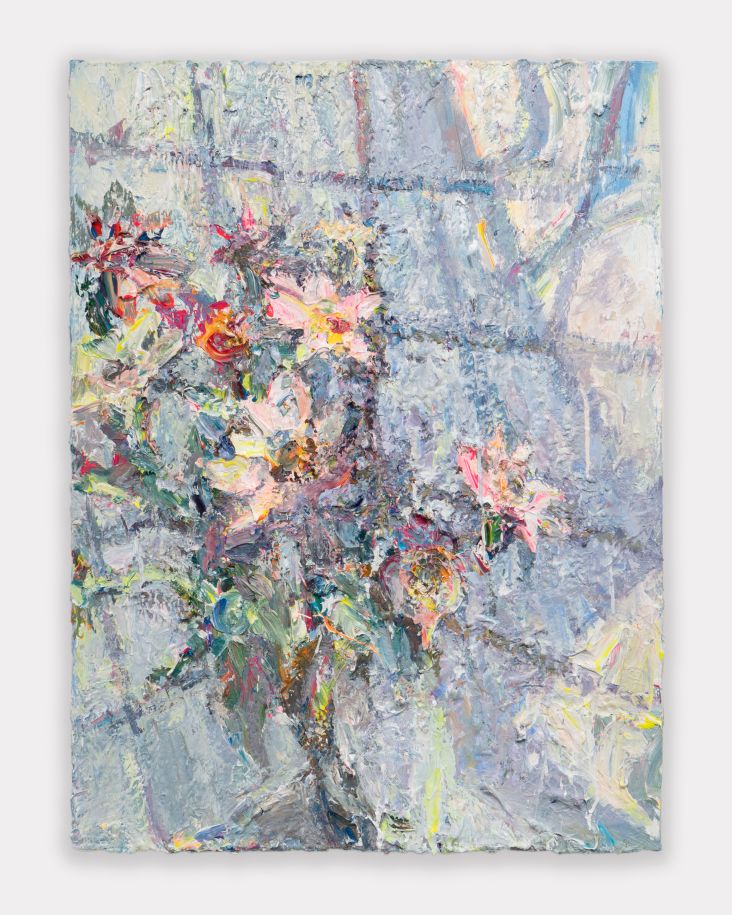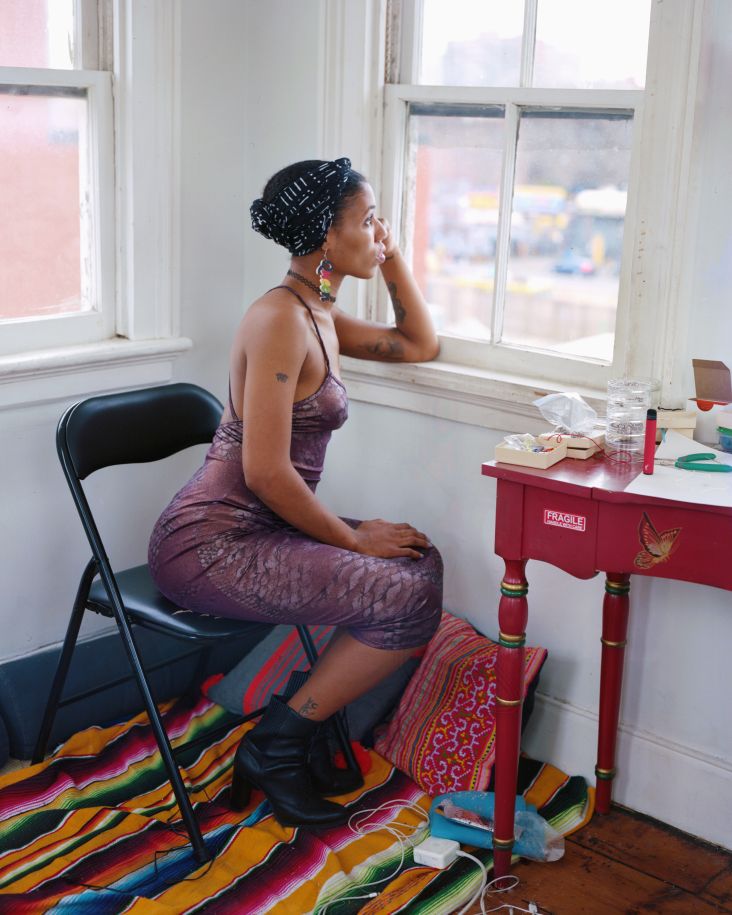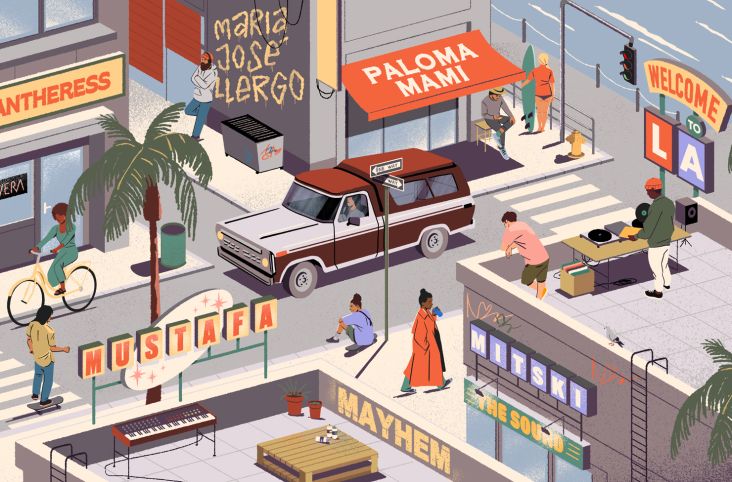Winds of Change: Photographs of Devon that consider the future of Britain post-pandemic
What does Britain look like today, and where is it heading? These are just some of the searching questions photographer Samuel Fradley seeks to answer in his latest series, Winds of Change. It reflects on what he describes as a "difficult and uncertain" period in Britain's history and his fears about the future.
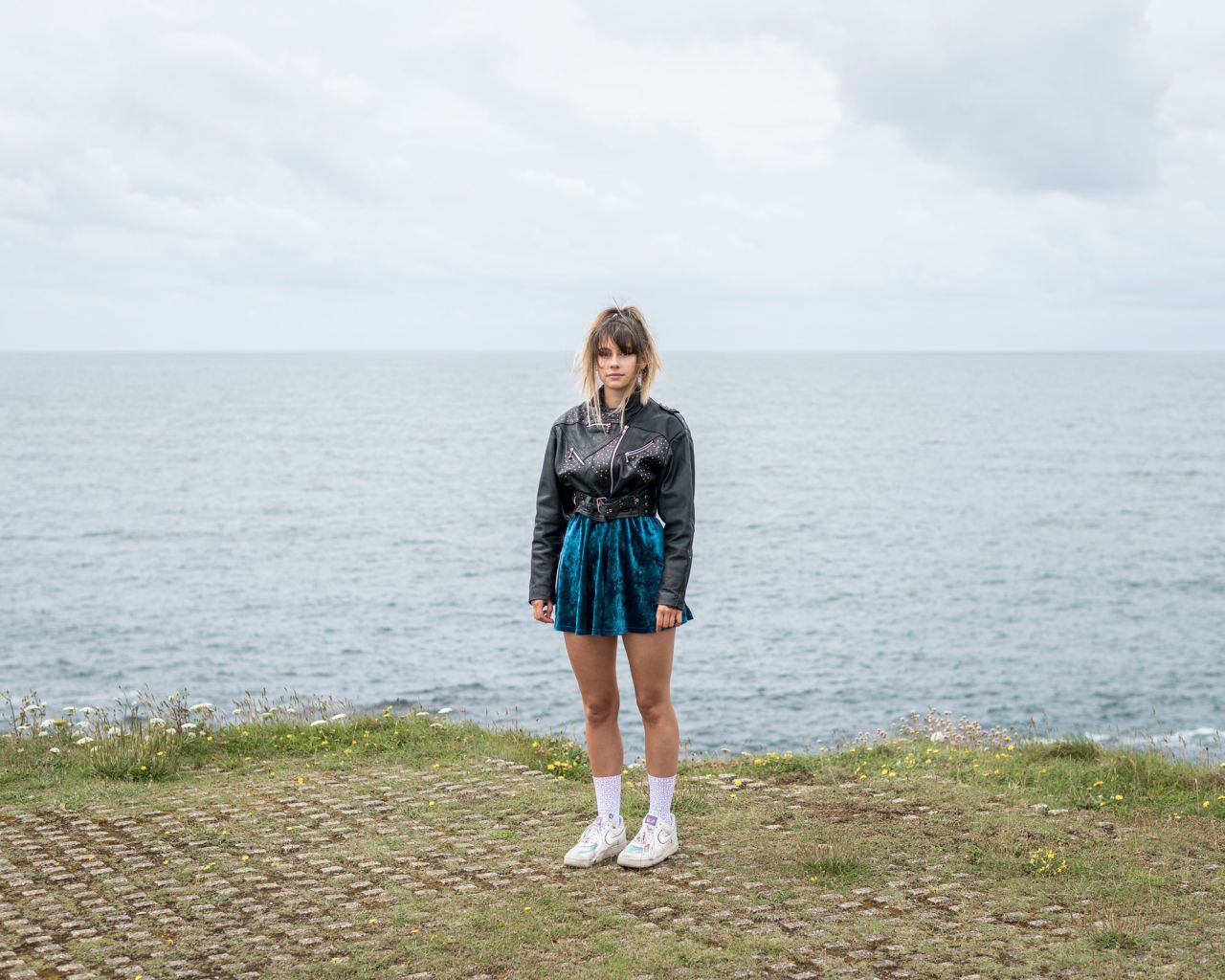
From the series, Winds of Change © Samuel Fradley
Sparked by the pandemic and its worldwide implications, Samuel began capturing his home county of Devon, reflecting on the already diminishing industries and how this and the global crisis has impacted local people. Due to restrictions, he only travelled within a 10-mile radius of his own house.
"The area is predominately in a perpetual state of decline and continues to be," he says. "It isn't just down to the pandemic; it's also long term cuts by successive governments. The impact of coronavirus has exacerbated that decline, and we can see that both economically on a wider scale and locally on the streets. Money is invested but not into the right areas. As a photographer, I think we tend to spot this where others don't."
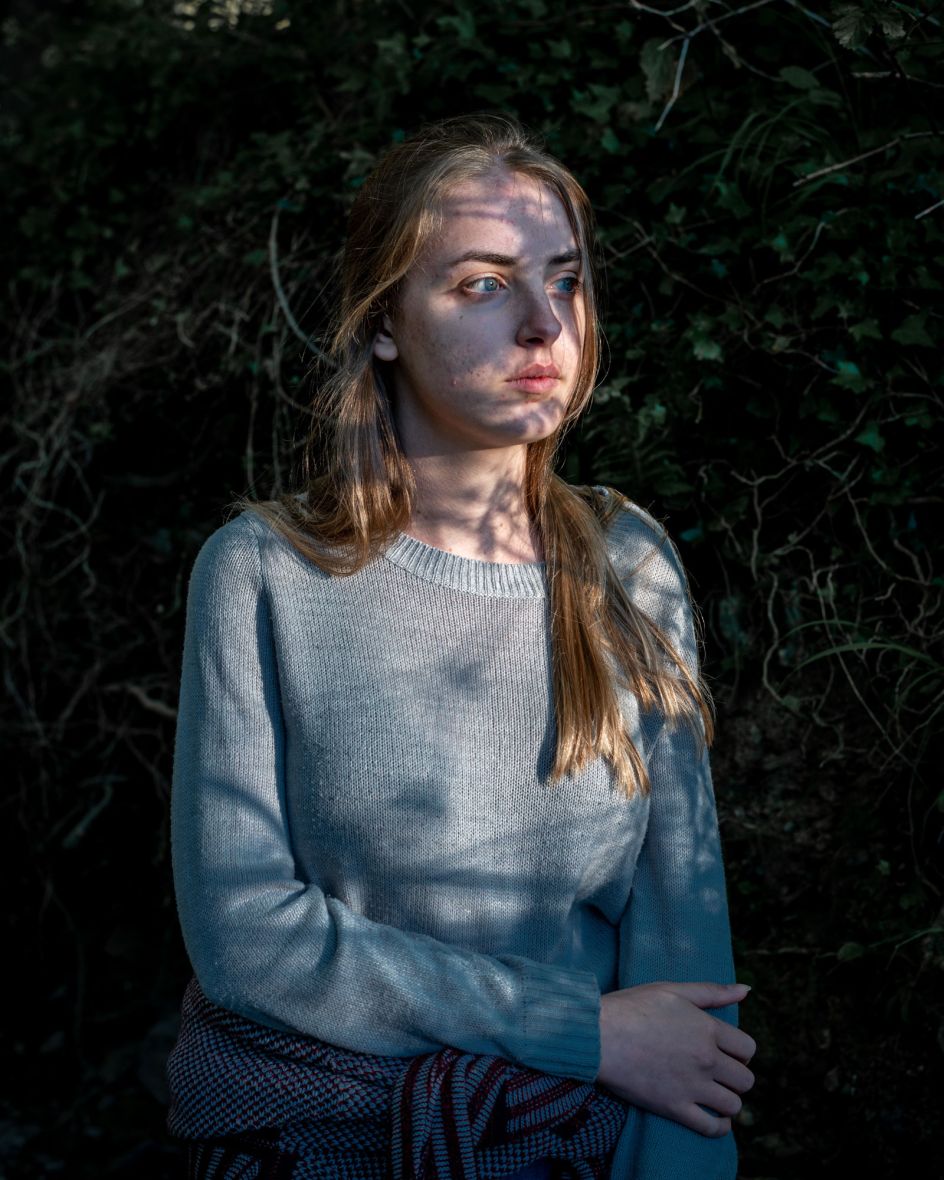
From the series, Winds of Change © Samuel Fradley
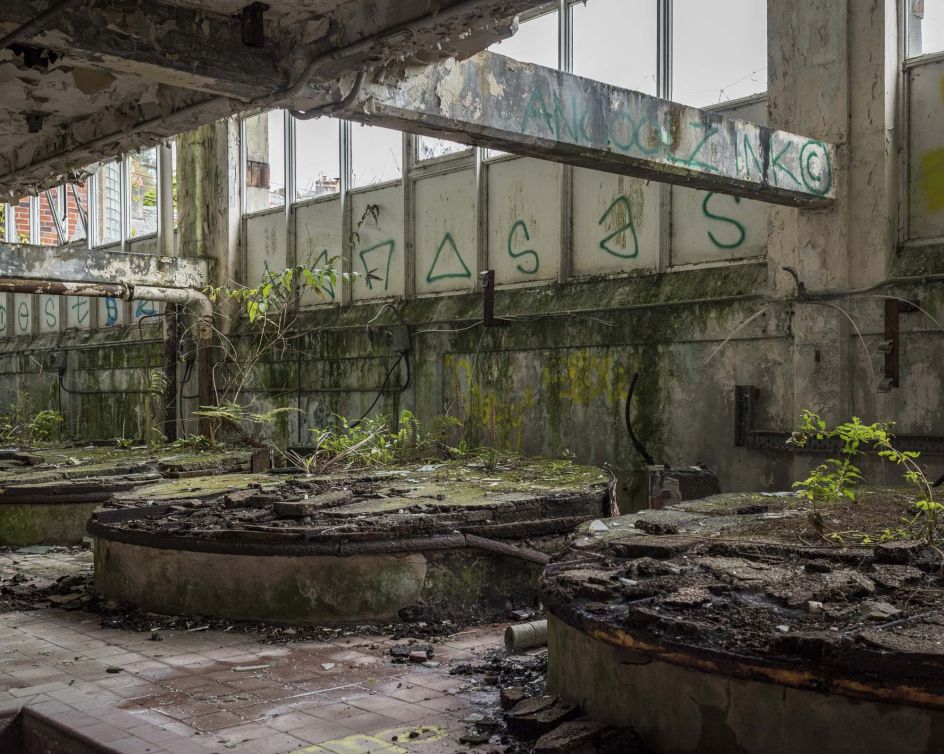
From the series, Winds of Change © Samuel Fradley
Throughout his series, we learn more about seaside towns like Torquay, known as The English Riviera, where the upper classes enjoyed their holidays in the early 19th century. "The grandeur that the area once had is long gone with dire need of rejuvenation needed," Samual continues. "The old quarries on Dartmoor that used to produce slate to be exported across the world are no more with nothing left than an old tin hut in its place. The large abandoned building within the works is an old dairy and ice cream factory in North Devon. It used to be one of the largest dairy producers in Europe but closed in the 1990s and has been left to ruin. I think that's a good analogy of past and present."
These photographs aren't just a reflection of South West England; they demonstrate Samuel's concern for Britain as a whole and its place in the world. "When the UK entered the first major lockdown in March 2020, I realised that the events unfolding across the planet were a moment of huge significance, both economically and geopolitically. I knew that I wanted to make a body of work on what was going on in front of me, and doing work during some sort of major crisis has always been on my mind, but I never thought it would actually happen."
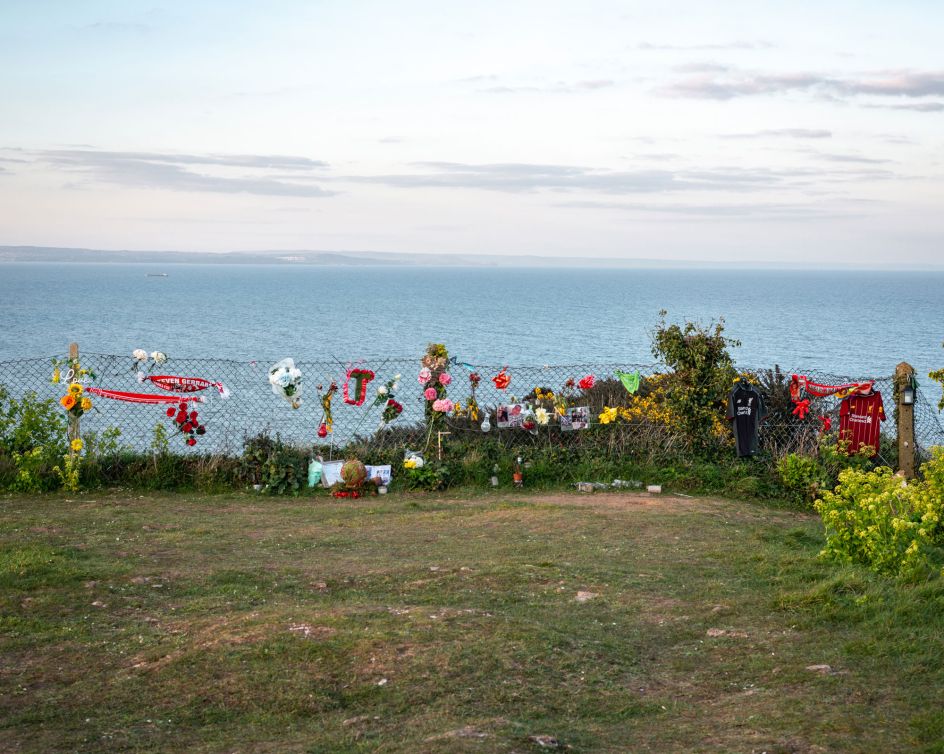
From the series, Winds of Change © Samuel Fradley
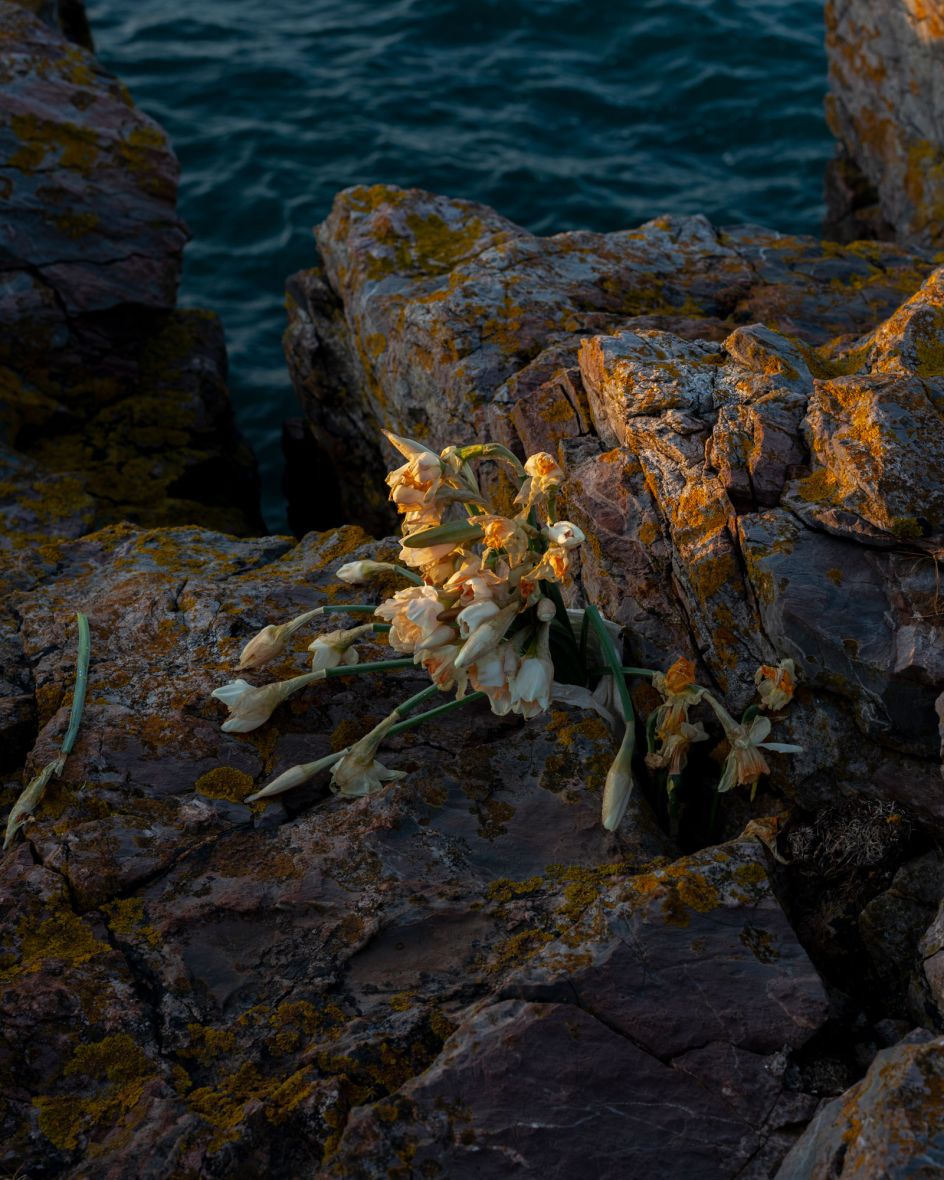
From the series, Winds of Change © Samuel Fradley
"As the pandemic progressed," he continues, "I began creating work within my local area. I live in Torbay down in Devon, so we are predominantly surrounded by the sea and countryside, so whatever I photographed had to involve the sea and use the notions of island and isolation as a theme. We do not have much infrastructure or anything of substance here, so a poetic and reflective response was the approach I aimed to take. The project began as just a landscape body of work but very quickly became a wider reflective piece on Britain's place in the world as the pandemic, and political situation changed.
"As the rhetoric and posturing began to intensify between the United States and China, I realised that the balance of power in the Post Brexit world had shifted. The UK was caught on a tightrope with nowhere to go, while the United States seemed unable to respond. Everything our country required, such as PPE, covid tests and equipment, came from China, and we were completely reliant on factories in faraway lands to help us and literally save people's lives. This widespread political turmoil made me reflect on Britain's place in the world and the effects this will have on us in the future."
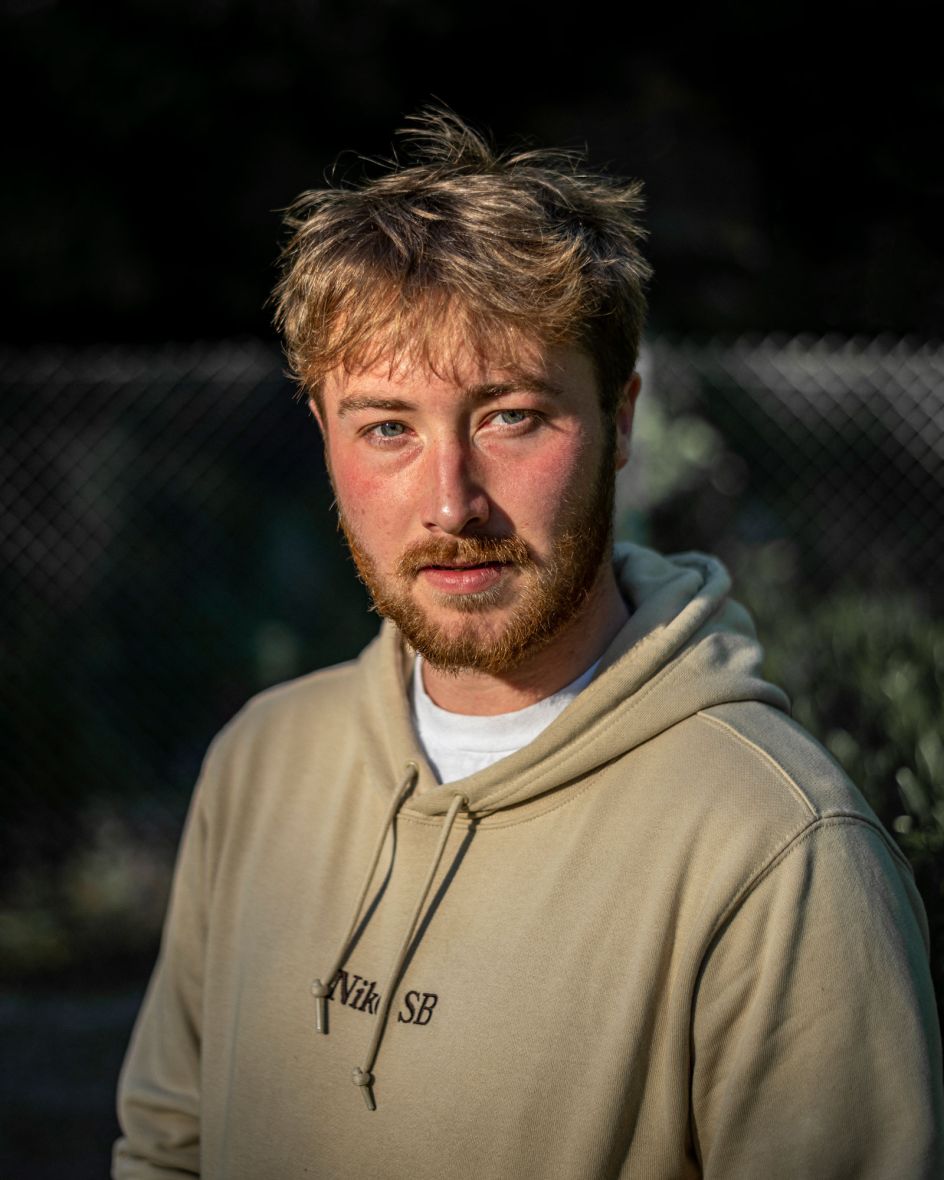
From the series, Winds of Change © Samuel Fradley
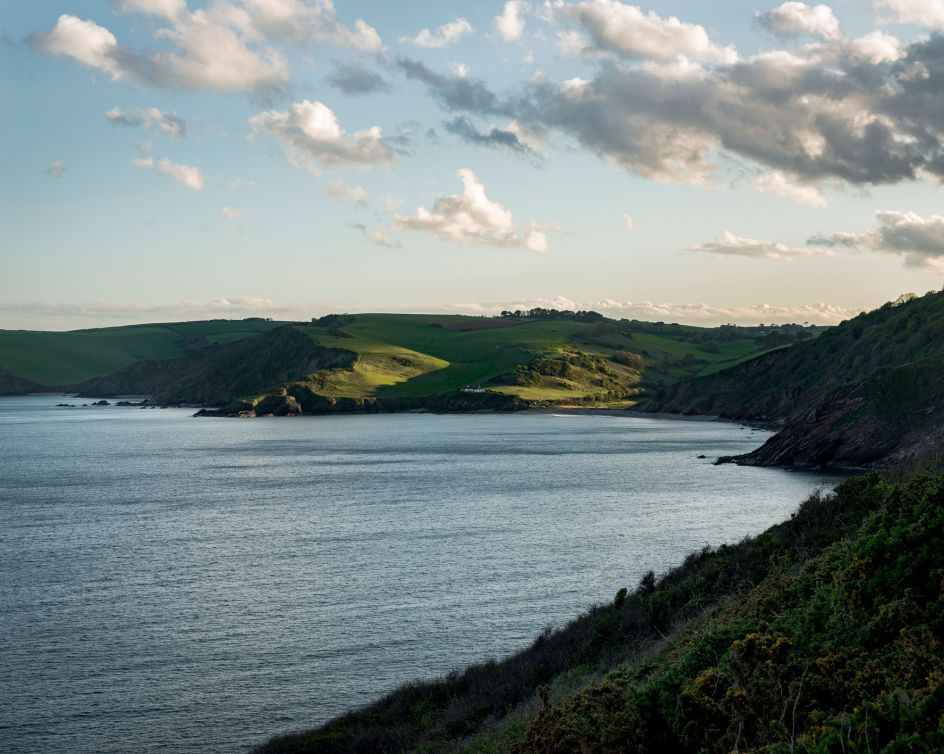
From the series, Winds of Change © Samuel Fradley
Included in the series are friends of Samuel's or people he met through acquaintances as well as local neighbours and interesting characters. One individual, called Tim, was someone he met on a walk during VE Day around his neighbourhood. "They were having a street party, and they kindly invited me to have a beer with them, socially distanced, of course. As the evening progressed, they wheeled an old TV onto the driveway, and we watched the Queen's VE Day speech. They all sang the national anthem. It was quite a unique experience, but a photographer's dream!"
What does Samuel hope people will get from the series? "I hope it will allow people to reflect on the events of the last few years, while at the same time inspiring them to make sure that their voice is heard to invoke positive change in the future," he concludes.
A British documentary photographer based in Torbay, Samuel Fradley runs the South West Collective of Photography which aims to promote photography in his local region. He graduated from the University of Plymouth in 2018 with distinction. Follow more of his recent work on Instagram.
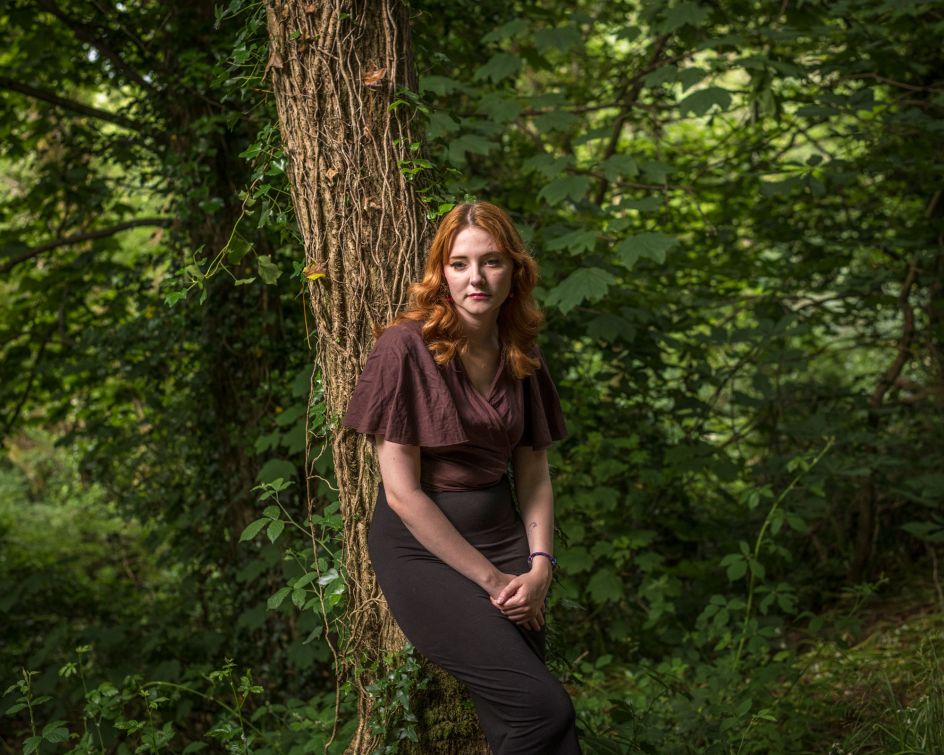
From the series, Winds of Change © Samuel Fradley
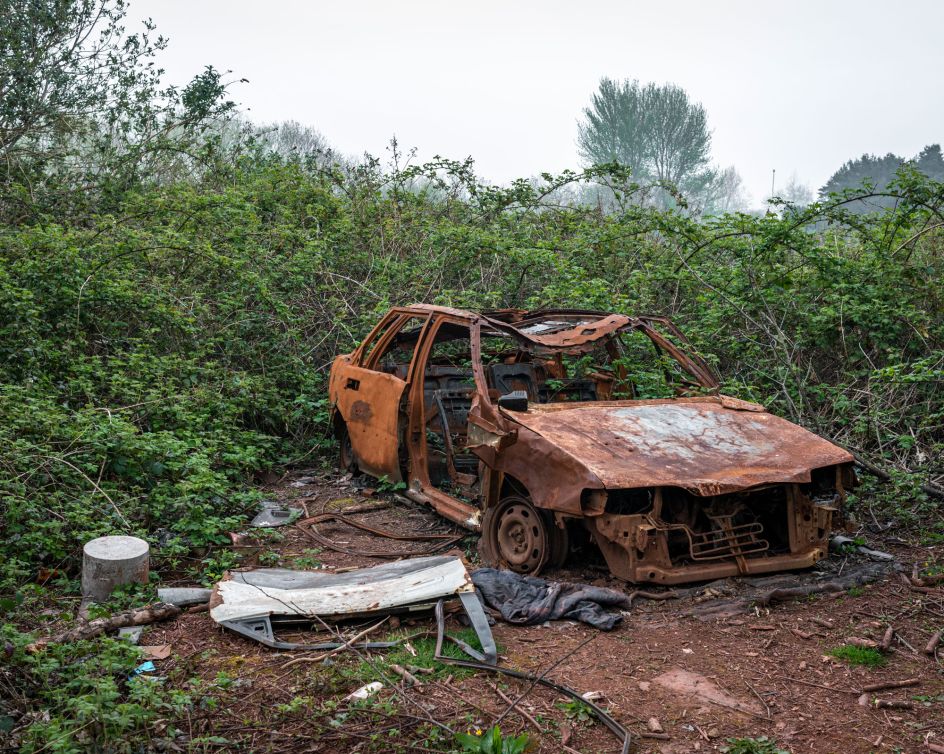
From the series, Winds of Change © Samuel Fradley
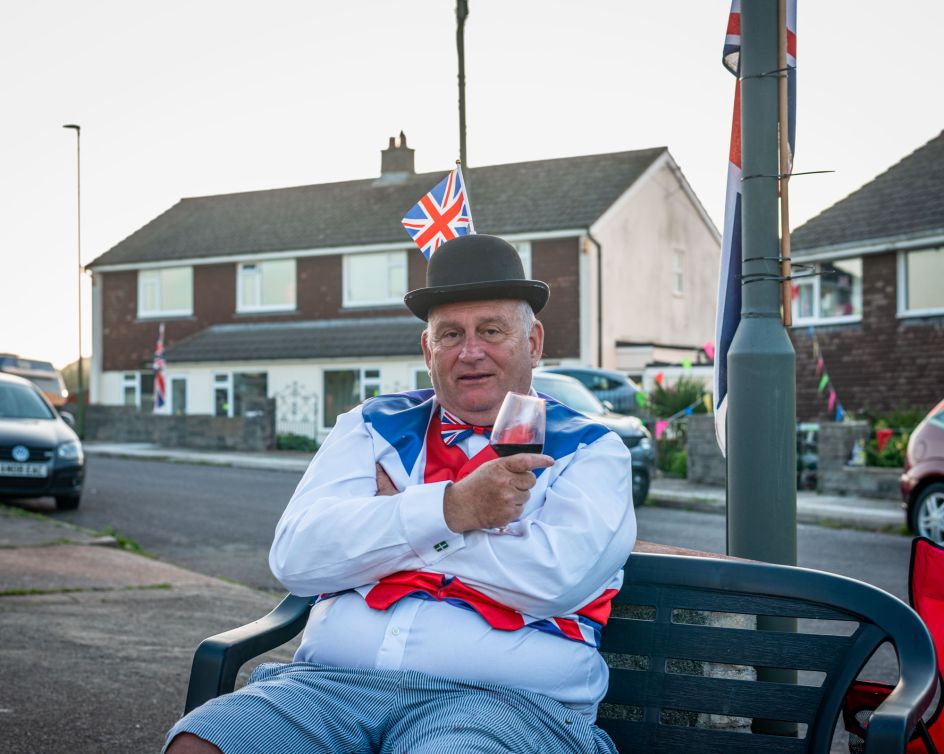
From the series, Winds of Change © Samuel Fradley
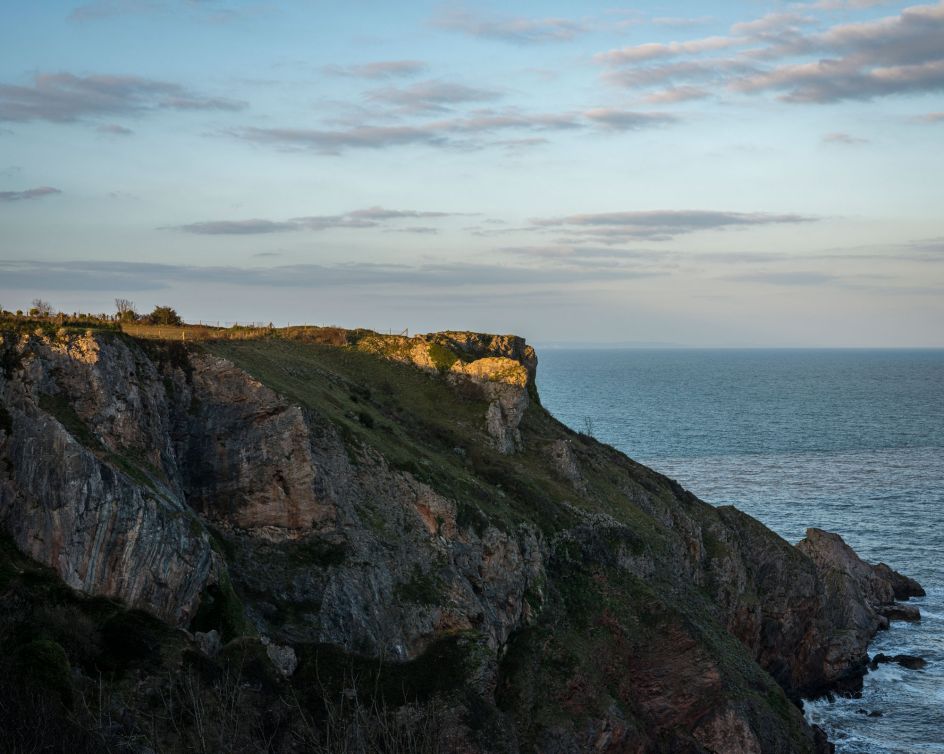
From the series, Winds of Change © Samuel Fradley




 by Tüpokompanii](https://www.creativeboom.com/upload/articles/58/58684538770fb5b428dc1882f7a732f153500153_732.jpg)


 using <a href="https://www.ohnotype.co/fonts/obviously" target="_blank">Obviously</a> by Oh No Type Co., Art Director, Brand & Creative—Spotify](https://www.creativeboom.com/upload/articles/6e/6ed31eddc26fa563f213fc76d6993dab9231ffe4_732.jpg)









